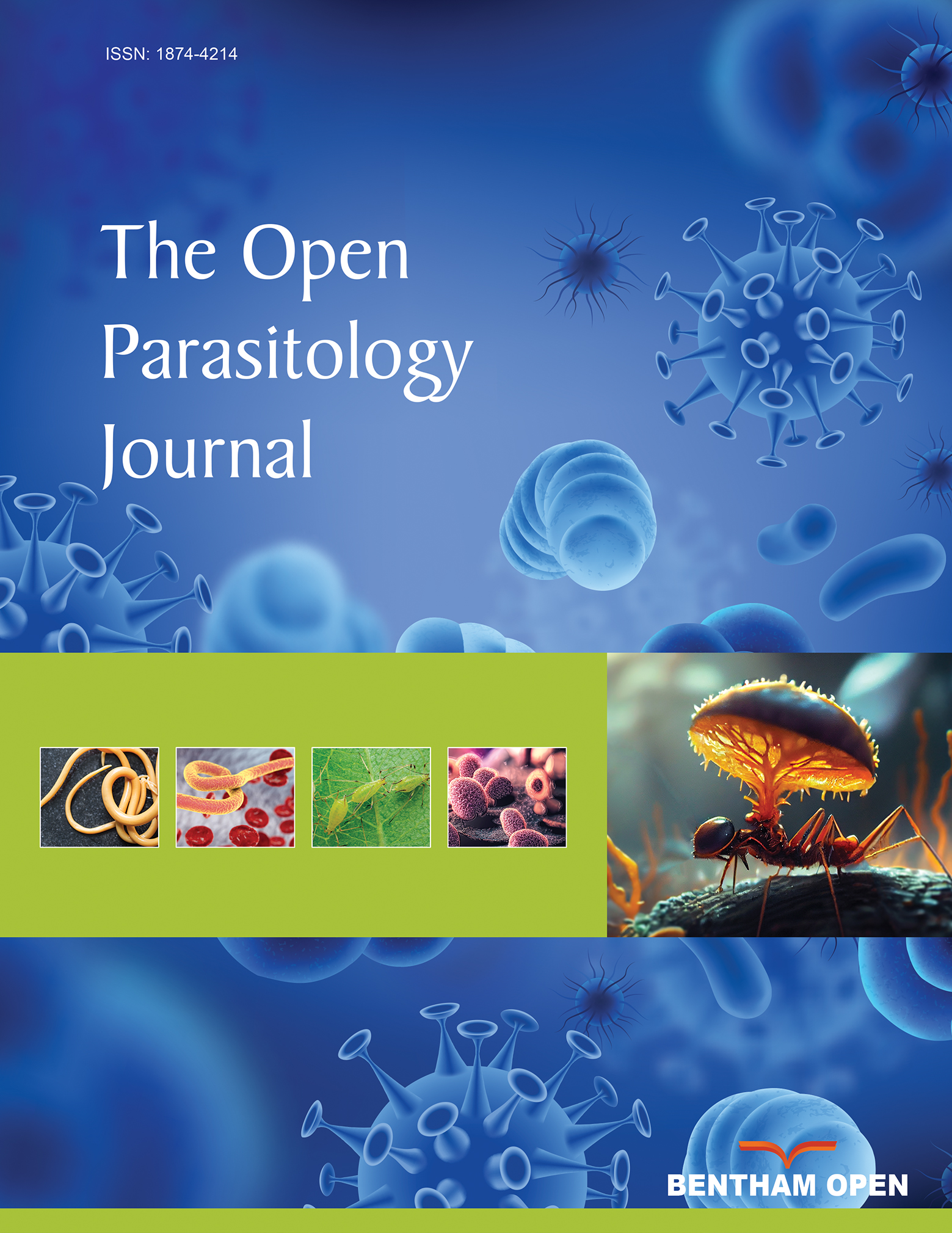All published articles of this journal are available on ScienceDirect.
Susceptibility Status of Aedes aegypti L. Against Different Classes of Insecticides in New Delhi, India to Formulate Mosquito Control Strategy in Fields
Abstract
Background:
Mosquito control is a major concern throughout the world because of rising cases of mosquito-borne diseases. The outbreak of Zika, Dengue and Chikungunya has caused grave situations raising urgent need to control Aedes aegypti. Moreover, extensive use of synthetic insecticides in mosquito control programs has resulted in high levels of insecticide resistance leading to the use of magnified concentrations, impacting human health and environment adversely. The knowledge about current status of the insecticide susceptibility against Ae. aegypti could help to devise mosquito control strategy.
Objective:
Present study evaluates the larvicidal potential of thirteen insecticides belonging to seven different classes; organochlorines, organophosphates, carbamates, pyrethroids, neonicotinoids, avermectins and secondary metabolites; against early fourth instars of Ae. aegypti.
Materials and Methods:
The insecticide susceptibility was evaluated as per WHO protocol. Fatality counts were made after 24h of exposure; and the LC50, LC90 and other statistical parameters were computed by probit-regression analysis.
Results:
The data reveals the maximum efficacy of pyrethroids and fenitrothion, with lethal values less than 0.001 ppm. Avermectins, organochlorines and carbamates were moderately toxic, while neonicotinoid posed appreciable toxicity. In contrast, berberine, a secondary plant metabolite was found inefficient. The larvicidal efficacy of tested insecticides against Ae. aegypti was found in the decreasing order of pyrethroids > organophosphates > avermectins > organochlorines > carbamates > neonicotinoids > secondary metabolites.
Conclusion:
Present investigations explore various toxicants as Dengue vector control agents in order to devise a suitable control strategy for mosquito control in fields.


